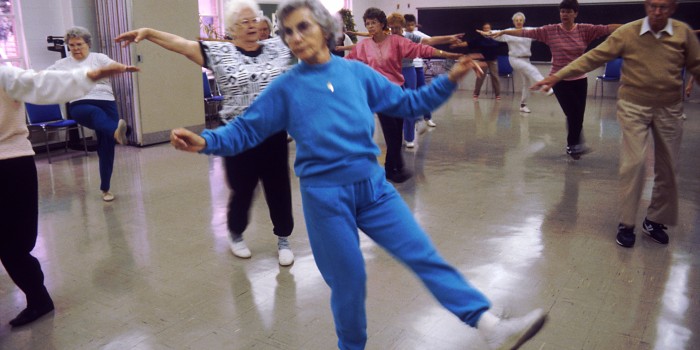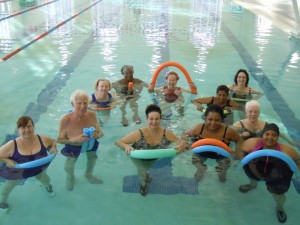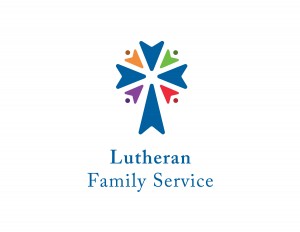Posted on December 22, 2016 by Wanda Pritzel
Aging & Elderly Outreach

Share
What does a life of mental wellness into old age look like? While almost any life well lived into old age will include a variety of losses including changes in health or strength, or loss of eyesight, hearing, memory or independence, most do not have to struggle with emotional or mental health problems.
 Being Active
Being ActiveMaintaining an active, engaged life is not only good for the body, but also for the mind and spirit. Many older adults enjoy walking, dancing or participating in group exercise classes to maintain strength and flexibility. An increasing body of evidence demonstrates the benefit to both mood and cognition of staying active. Older adults continue to read, learn and stay current on the news while engaging with others in conversations about the concerns of the day. These conversations and maintaining social connections are good for mental health, as well.
Many elderly people report that faith and religion are the most important factors enabling them to cope with the stresses and losses that come with aging. A vibrant faith life brings a sense of meaning and purpose to life, as well as a greater ability to cope with illness, disability or losses.
While it’s true that someone with a strong faith is less likely to develop depression or anxiety, it’s important not to assume the inverse: that someone who struggles with clinical depression or debilitating anxiety does not have enough faith. Lutheran church fathers including Luther and Walther struggled with depression. Today, as many as one in five older adults – including Christians – experience depression or anxiety. Many forms of mental illness are biologically based and need to be diagnosed and treated by a physician. 80% of cases are treatable through a combination of medication and talk therapy. The sad reality is that many who struggle with mental health concerns will not seek or receive the help they need.
 How to get help
How to get helpWhether you are just beginning see yourself as “older” or approaching the 100 mark, be sure to watch for changes in your physical, emotional or mental health that might need attention. Then get it! Lutheran Family Service counselors are available to help. Call 515.251.4900 or visit LFSiowa.org.
More posts about Aging & Elderly Outreach